Upto 60% of our body is water. The skin being our largest organ, covers our entire body and contains about 64% water. Let us find answers to the most common questions related to the connection between water and our skin in this blog.

Skin, the largest organ of our body, protects us from the environmental damage, stores lipids and water, prevents fluid loss, and helps maintain body temperature. Drinking adequate amounts of water ensures that the skin remains beaming, glowing and healthy.
Scientifically speaking, there’s a lack of research proving water consumption impacts skin hydration. Nonetheless, drinking water is necessary for our bodies to run optimally and to help nutrients reach the skin through proper blood flow, and helps maintain elasticity, reduces wrinkles and fine lines, thus slowing down ageing.

When you drink water, it does not directly go into the skin, but gets absorbed into the bloodstream and hydrates cells on the go. Therefore, as observed at the cellular level, drinking water is great as it flushes the system and hydrates our bodies overall.
By increasing our water intake, we can get rid of the harmful toxins and improve the overall health of our skin and body.
We have always heard how bad habits can damage our skin, and it is true in the case of smoking. Because not only is the skin of smokers more prone to have wrinkles, but it also reduces the tendency of collagen to be rebuilt. Smoking also interferes with normal blood flow. Thus, the circulation required by the skin to ensure it looks healthy and youthful is absent.
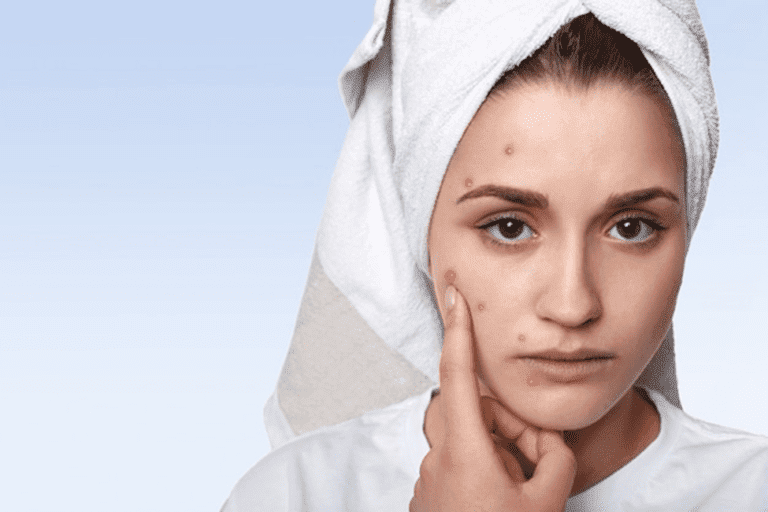
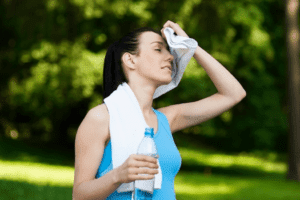
Symptoms of dehydration clearly improve on increasing water intake. But in terms of fast skin hydration, topical moisturisers can be much more effective than drinking water.
What should our daily intake be to keep our skin healthy and hydrated?
Here’s a simple formula you can use to determine your ideal water intake-
In Litres: Body Weight (in kilograms) x 0.033
In Ounces: Body Weight (in pounds) ÷ 2.2
 Does extra water help the skin?
Does extra water help the skin?
How much water is enough?
Skin is made up of three layers — epidermis (the outer layer), dermis (the underlying skin), and the subcutaneous tissue. If the outermost layer of the epidermis doesn’t contain enough water, the skin will lose its elasticity and feel rough.
Despite this connection, however, there’s a lack of research supporting the idea that drinking extra water has any impact on skin hydration or appearance. On the other hand, there’s no data to show that drinking fewer than eight glasses of water per day is harmful. The only caveat is that if you are severely dehydrated, it will take a toll on your skin.
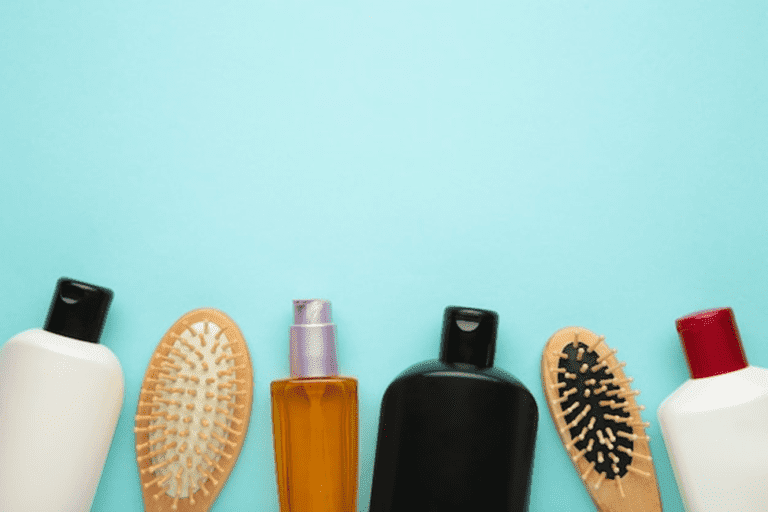
Topical products are those products that you use externally, for example creams, gels, shampoos, moisturisers, etc. In terms of hydration, topical moisturisers can be much more effective than just drinking water.
If you’re already well hydrated, drinking to a point beyond a balanced level of hydration may not have any additional impact. Topical application, on the other hand, still makes the skin more supple as it seals the moisture within and prevents evaporation of water from the skin’s surface.
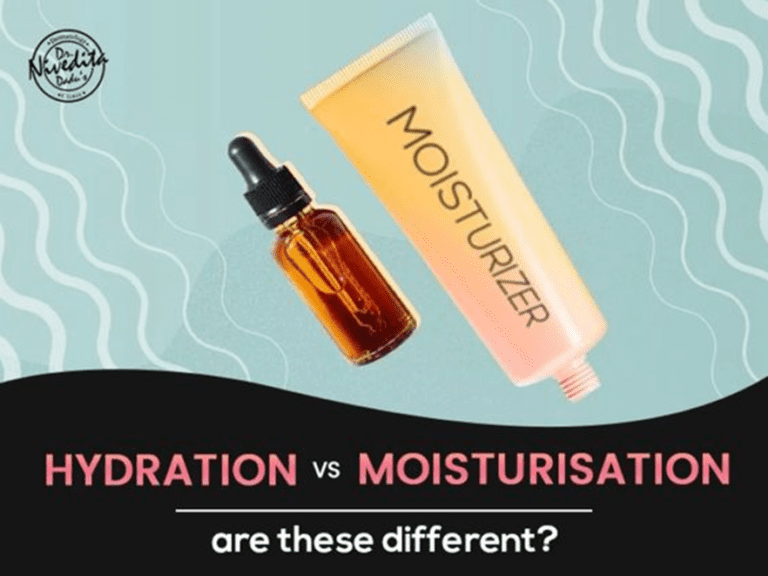
Moisturisers and hydrators both address the importance of making sure the skin is getting all the water it needs to fight dryness and dehydration, premature signs of ageing and environmental damage. The difference, however, lies mostly in how they go about achieving these results.
Hydration refers to the water content within the cells that leads them to swell and be plump and bouncy, thus reflecting light well. If water flows out of the cells and the cells are dehydrated, they can become shrivelled, which leads to lacklustre skin. This means that when you’re using a topical hydrator, you’re infusing your cells with water and improving your skin’s ability to absorb moisture and nutrients.
Moisturisation, on the other hand, is trapping and locking in moisture to build the skin’s natural protective barrier, prevent water loss and keep the skin soft and smooth.

Moisturisers contain three types of ingredients that work together to help the skin. Occlusive, such as white petrolatum, form a protective seal over the skin; humectants, such as glycerin, act as a sponge to pull in hydration to the outer skin layers; and emollients, such as natural oils, smooth the rough edges between cells in the outer layer.
In other words, a proper moisturiser will have all three components to help bring in water and keep it locked in.
When it comes to the skin looking supple and glowing, things like good overall nutrition, exercise, limiting alcohol consumption, not smoking, getting a minimum of seven hours of sleep per night, eliminating or at least significantly limiting processed foods and sugars, plus having a great skincare regimen are key factors. For more questions related to skin and hair care, visit rasaderm.com.

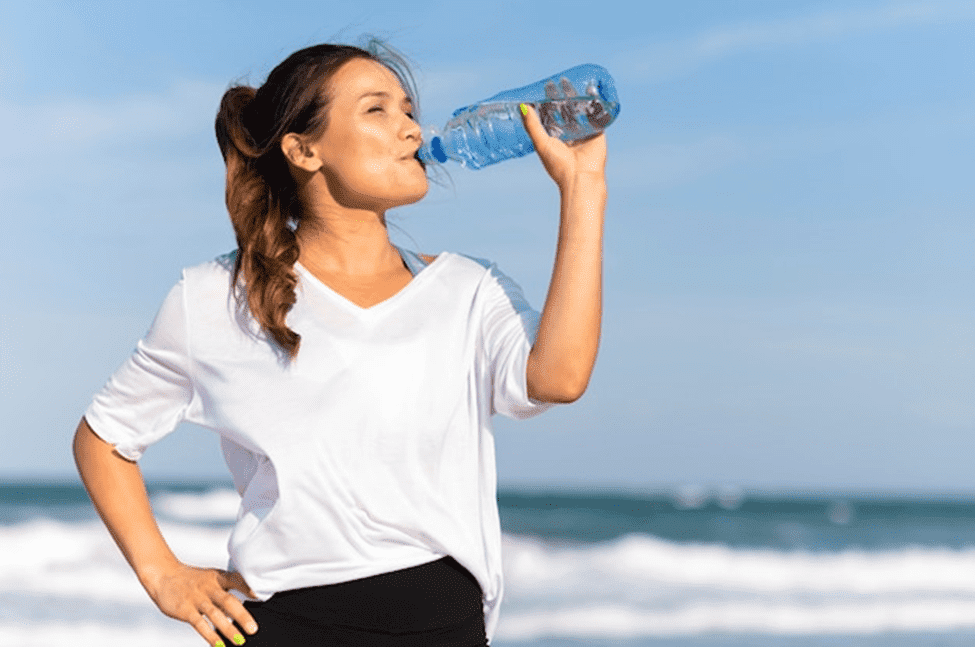
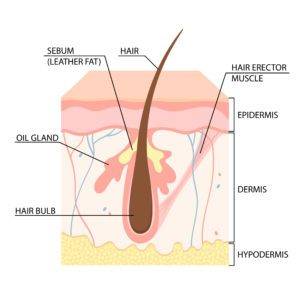 Does extra water help the skin?
Does extra water help the skin?





